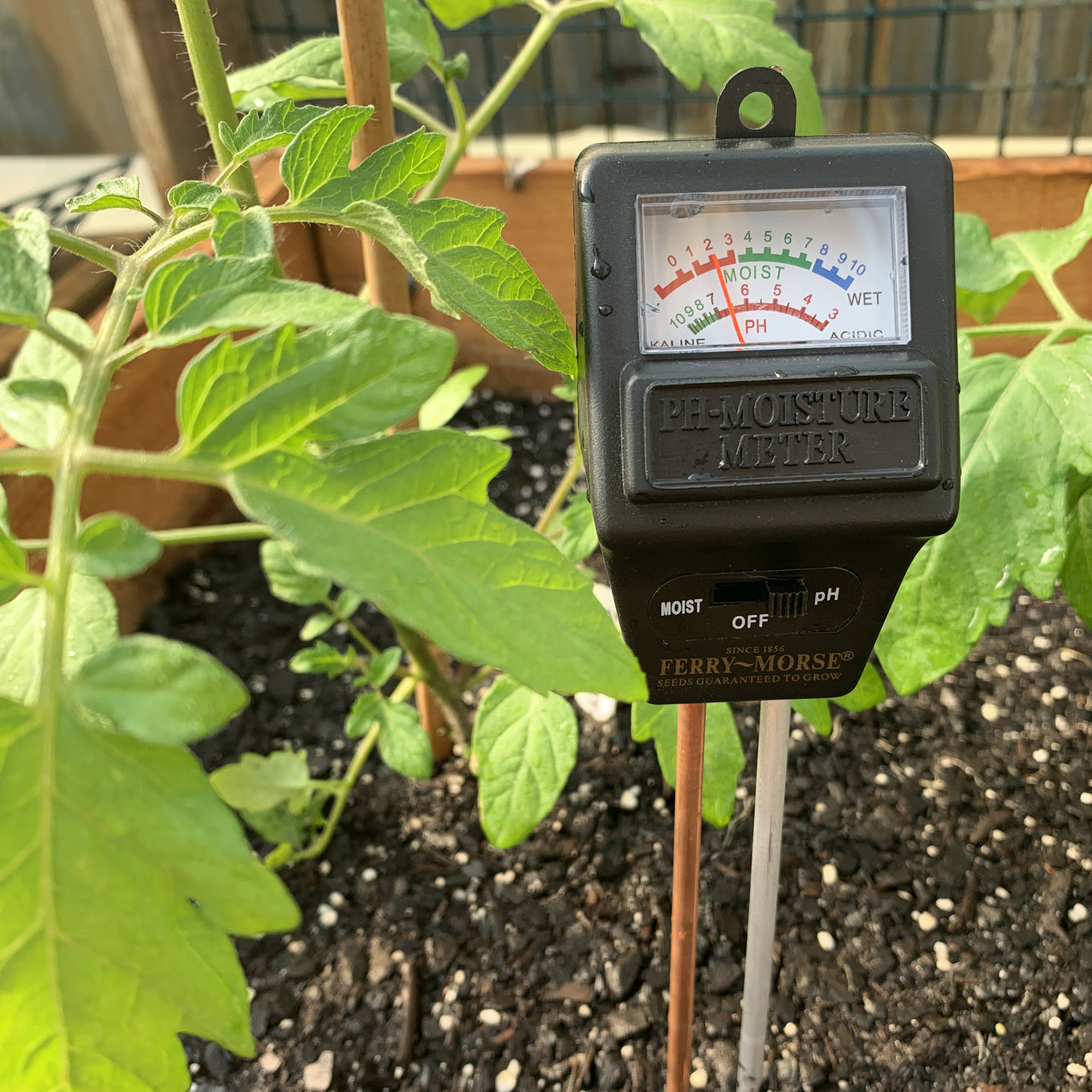Why Every Property Owner Requirements a Moisture Meter: Secret Benefits and Functions
Why Every Property Owner Requirements a Moisture Meter: Secret Benefits and Functions
Blog Article
The Ultimate Overview to Moisture Meters: A Comprehensive Overview and Just How They Can Conserve You Money
Dampness meters offer as vital tools in identifying and checking moisture content in materials, assisting in avoiding expensive problems and guaranteeing the top quality of products. Comprehending the subtleties of different types of wetness meters, their applications, and the prospective cost-saving advantages they offer can be a game-changer for services and professionals alike.
Kinds of Moisture Meters
Different kinds of moisture meters are available for various applications in numerous sectors. One common kind is the pin-type moisture meter, which determines the electrical resistance in between 2 pins inserted into a product. This type is ideal for wood, drywall, and various other structure products. Pinless moisture meters, on the various other hand, use electromagnetic sensor plates to scan a larger area without causing damages to the material's surface. Moisture Meter. These meters are optimal for promptly examining moisture levels in big locations such as floorings and wall surfaces.

Infrared dampness meters measure the thermal residential or commercial properties of a product to determine its dampness content non-invasively, making them beneficial for applications where pin or pinless meters might not be suitable. Comprehending the various types of wetness meters readily available can help markets pick the most suitable device for their specific wetness dimension demands.

Advantages of Using Dampness Meters
Dampness meters offer invaluable advantages in accurately analyzing and monitoring wetness degrees in varied products and atmospheres. One of the key benefits of using wetness meters is the avoidance of prospective damages created by excess wetness.
Additionally, utilizing moisture meters can bring about raised energy efficiency. By determining locations with high moisture levels, such as leakages or inadequate insulation, adjustments can be made to enhance power preservation and lower utility costs. In agricultural settings, moisture meters play an important role in enhancing crop yields by enabling farmers to keep track of soil dampness degrees and make notified irrigation choices. Generally, the benefits of using moisture meters cover across various sectors, supplying affordable solutions and advertising far better quality assurance methods.
Just How to Choose the Right Dampness Meter
When selecting a moisture meter, it's crucial to ensure that the meter is suitable for the details material you will certainly be screening. Different products have differing electric properties that can impact dampness readings, so picking a meter designed for your material is critical for precise outcomes. By thoroughly examining these variables, you can select a moisture meter that satisfies your demands and provides exact dampness measurements for your jobs.
Proper Strategies for Wetness Meter Use

Price Financial Savings Via Dampness Meter Applications
Exactly how can the calculated usage of moisture meters lead to substantial price financial savings throughout various industries? In the farming market, moisture meters help in figuring out the optimal time for harvesting plants, avoiding over-drying or excess dampness that can influence the final product's top quality.
Similarly, in building, moisture meters assist avoid costly problems by discovering dampness degrees in building materials, such as wood or concrete, which can lead to architectural problems if not dealt with without delay. By recognizing issue areas early on, service providers can take restorative measures to stay clear of comprehensive repairs or substitutes, eventually conserving time and cash.
Moreover, in the food processing industry, dampness meters are necessary for keeping an eye on item high quality and ensuring conformity with safety guidelines. By accurately determining dampness material in foodstuff, producers can stop spoilage, keep freshness, and minimize waste, causing significant cost financial savings. Overall, the tactical application of dampness meters is a valuable investment that can bring about considerable expense decreases and improved performance across various this contact form industries.
Final Thought
In conclusion, dampness meters are important tools for detecting and gauging dampness levels in numerous products. By utilizing the ideal moisture meter and adhering to appropriate techniques, individuals can successfully avoid pricey damages created by excess wetness.
Moisture meters offer as essential devices in finding and keeping an eye on moisture content in products, aiding in protecting against expensive problems and guaranteeing the top quality of products. Infrared dampness meters determine the thermal residential or commercial properties of a product to determine its wetness web content non-invasively, making them helpful for applications where pin or pinless meters might not be suitable.Moisture meters use important benefits in accurately evaluating and checking moisture levels in varied products and environments. In farming setups, dampness meters play an essential duty in enhancing plant returns by enabling farmers to keep track of soil dampness levels and make notified watering choices.In verdict, moisture meters are important devices for measuring and finding moisture levels in different products.
Report this page